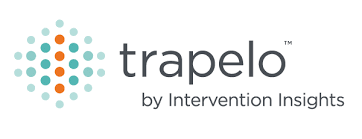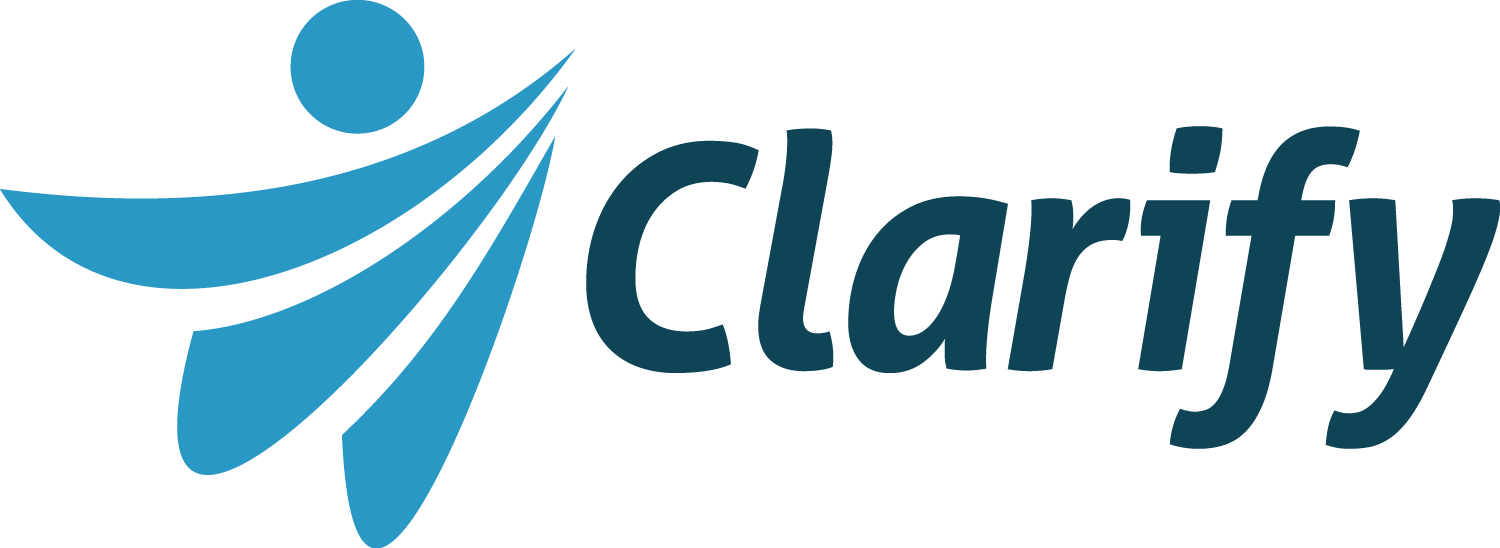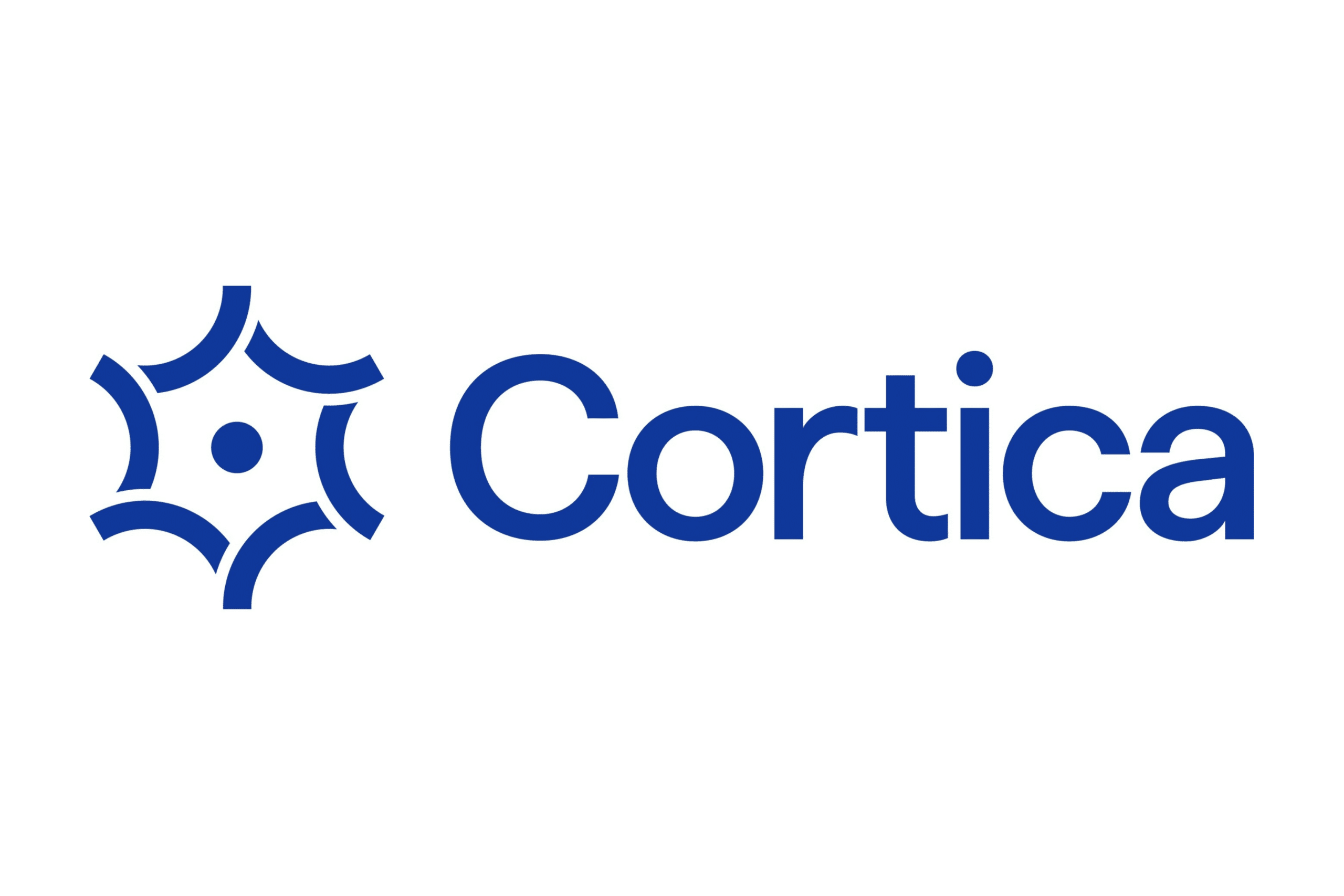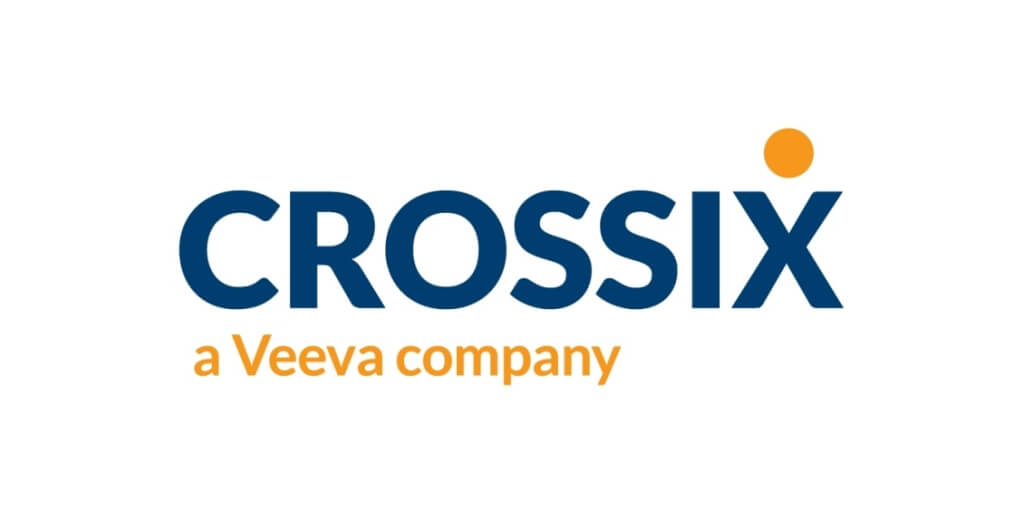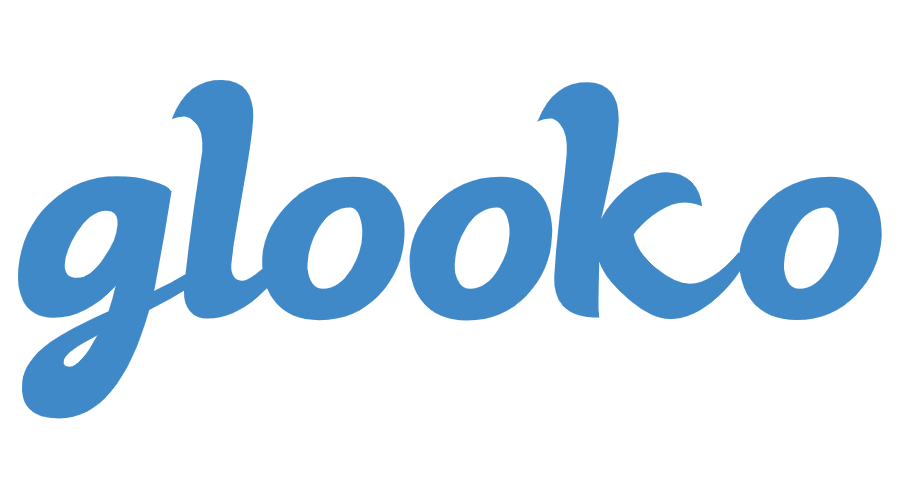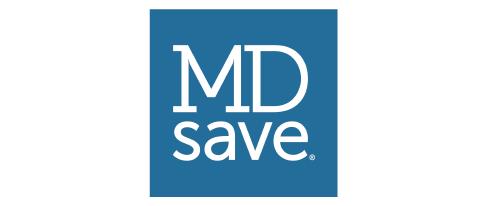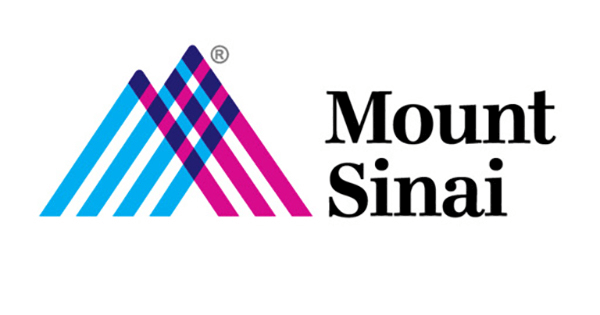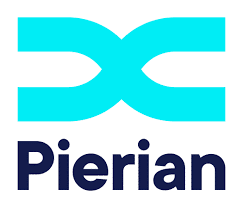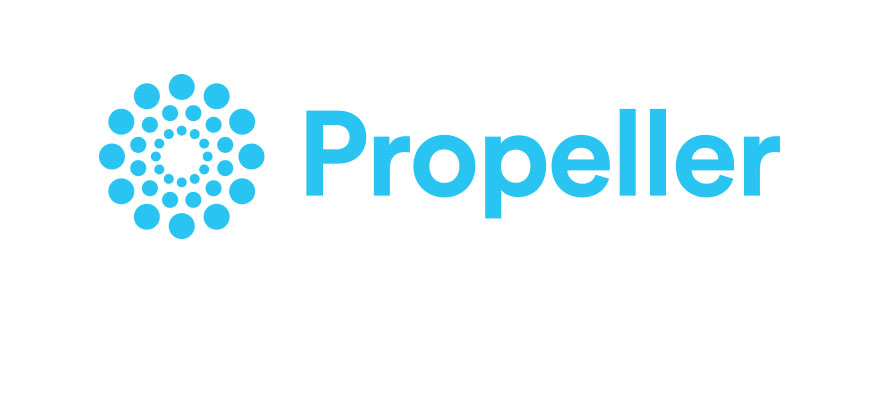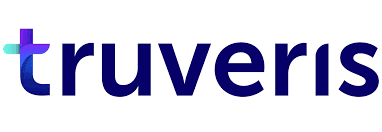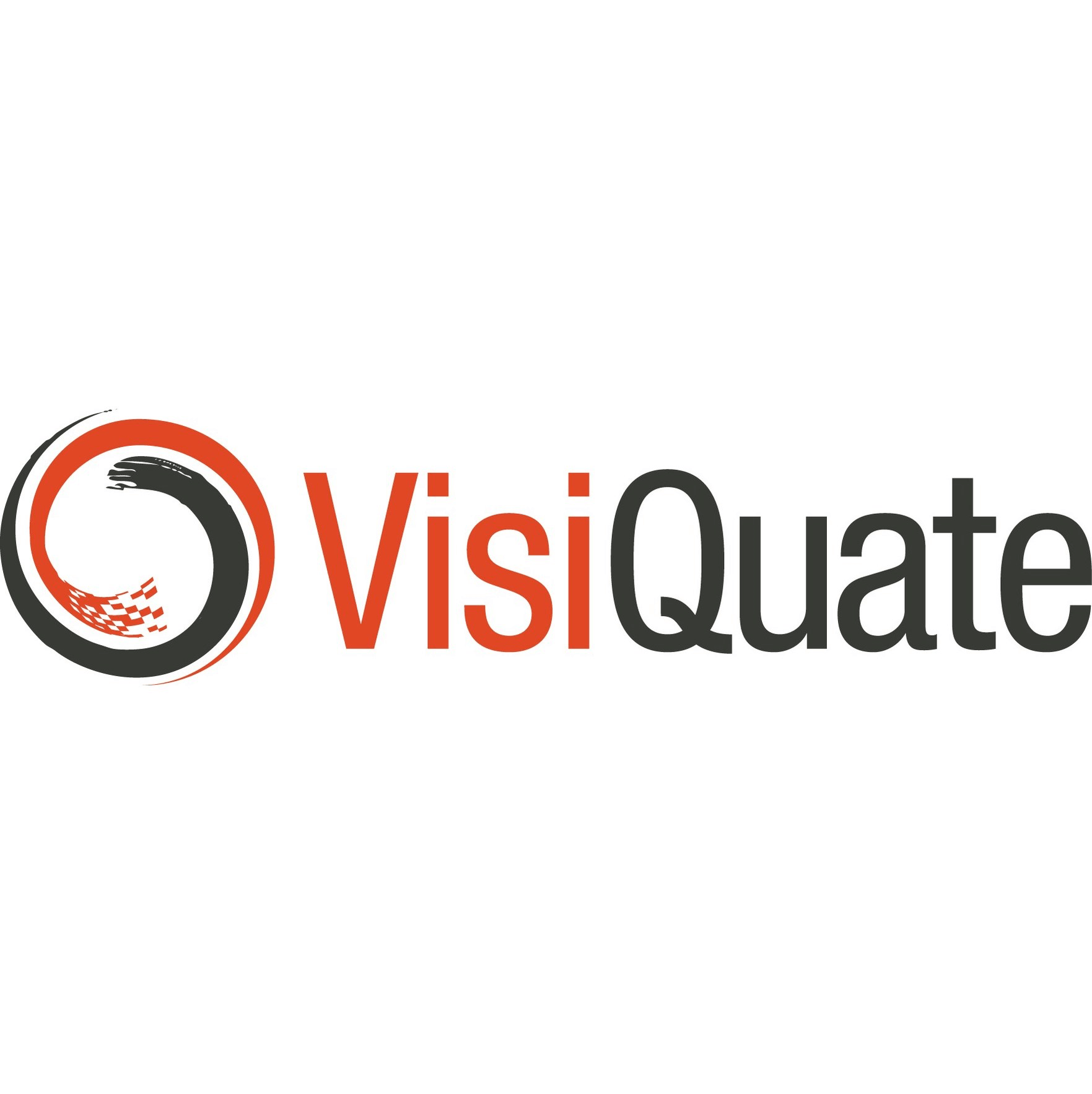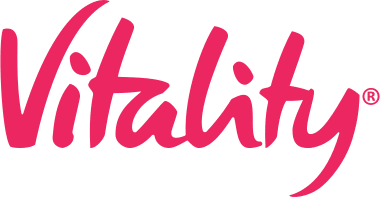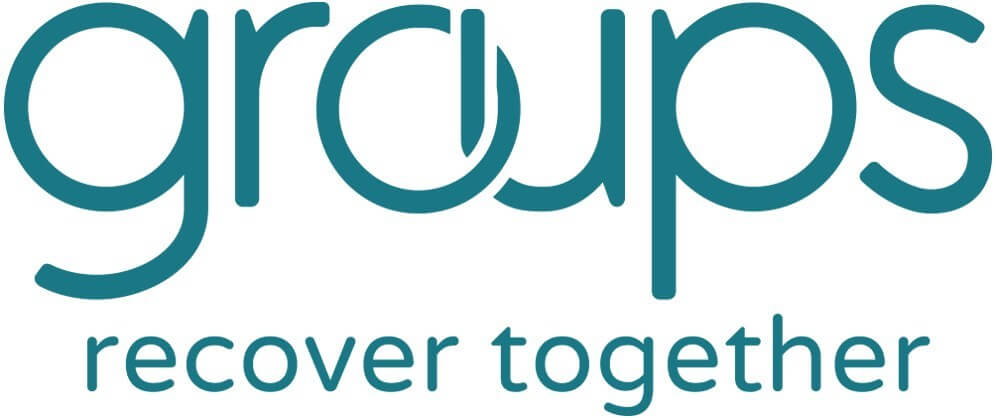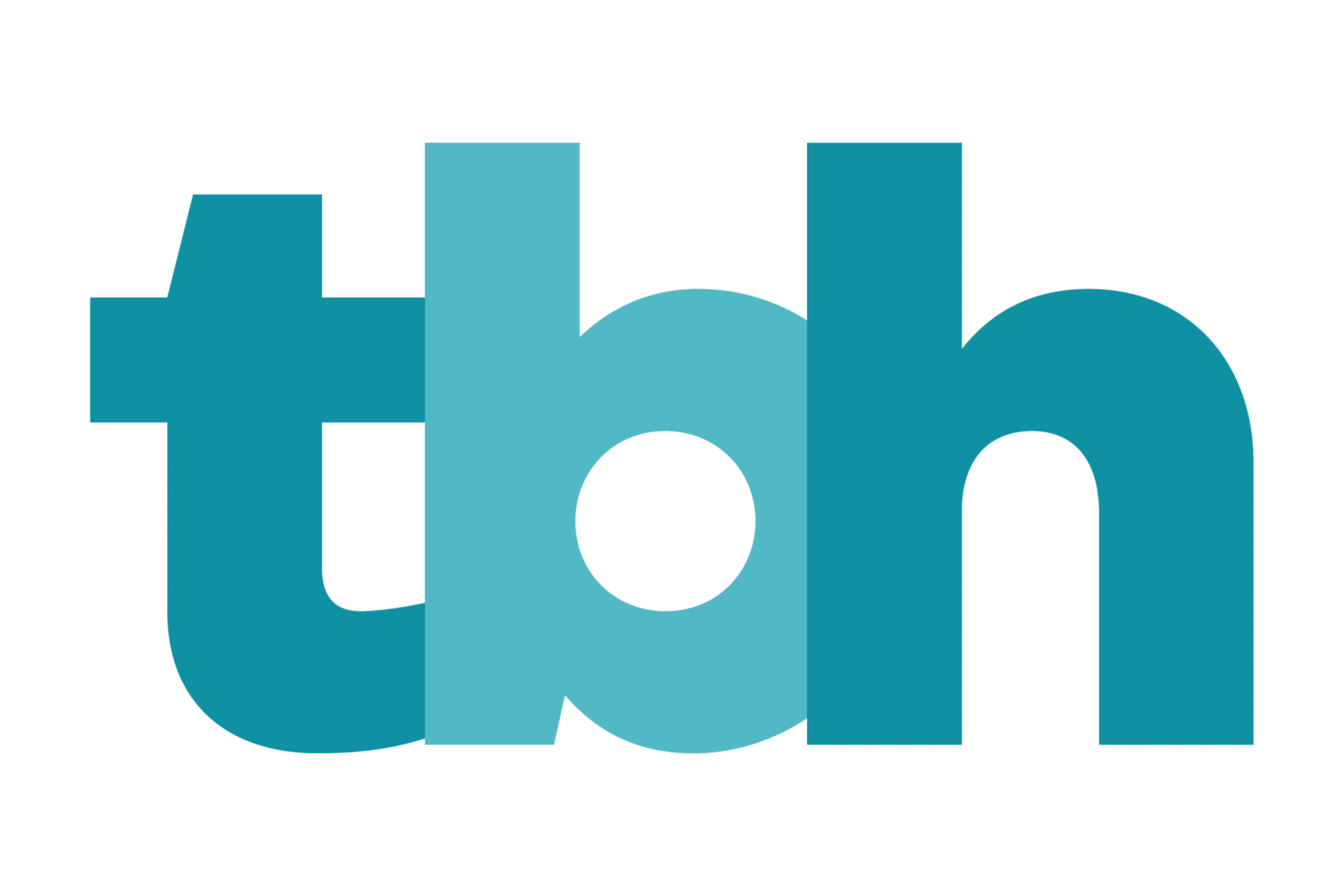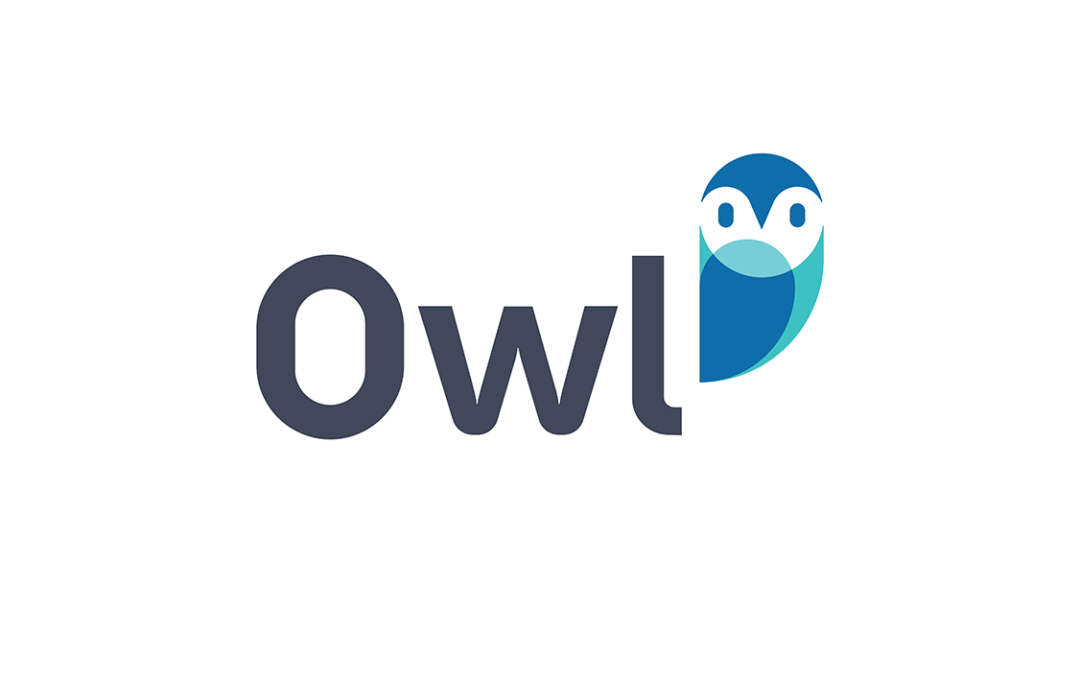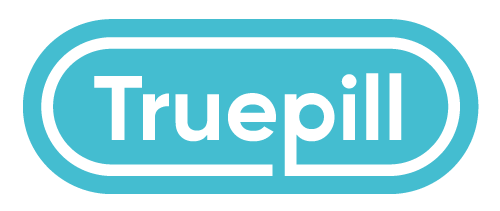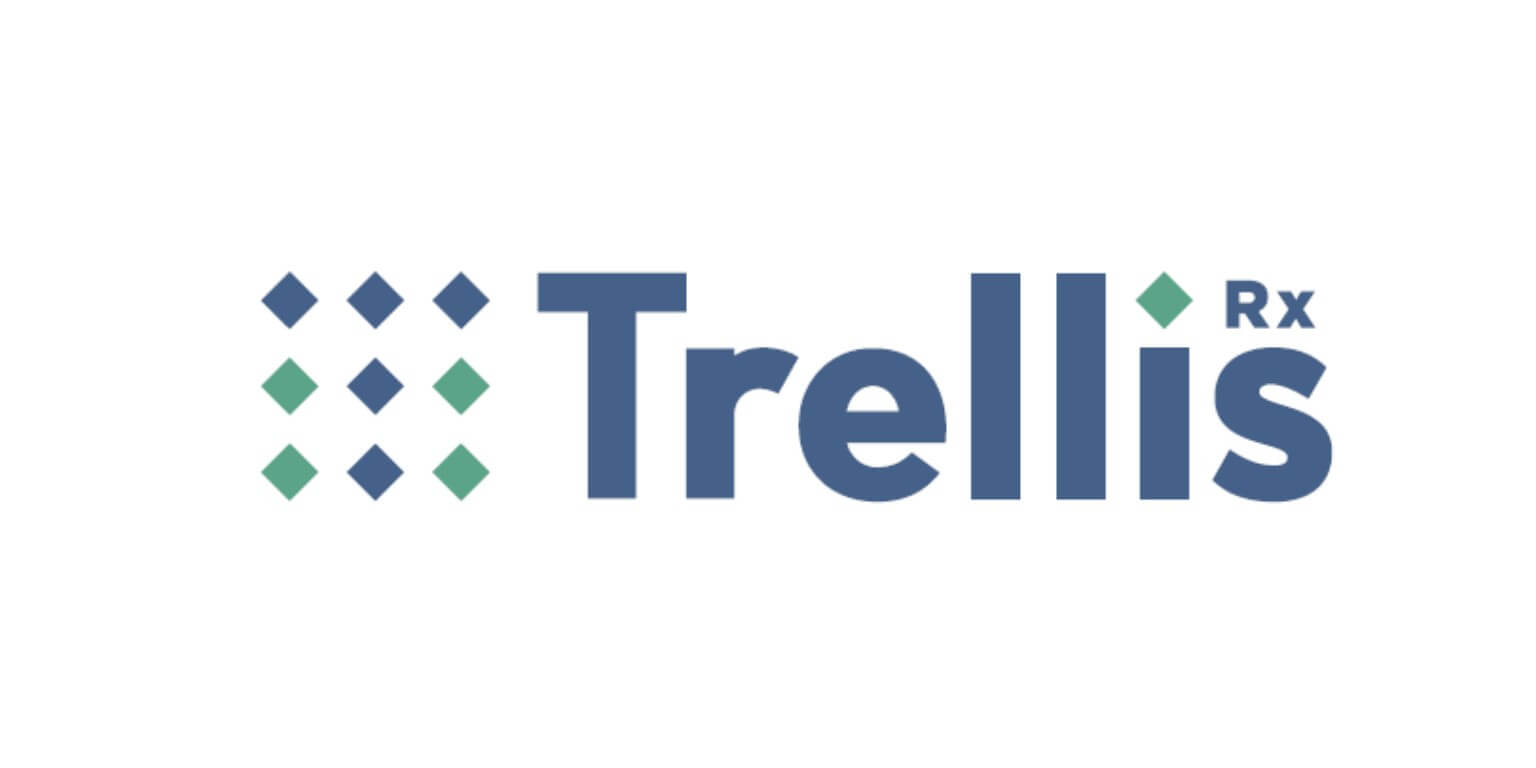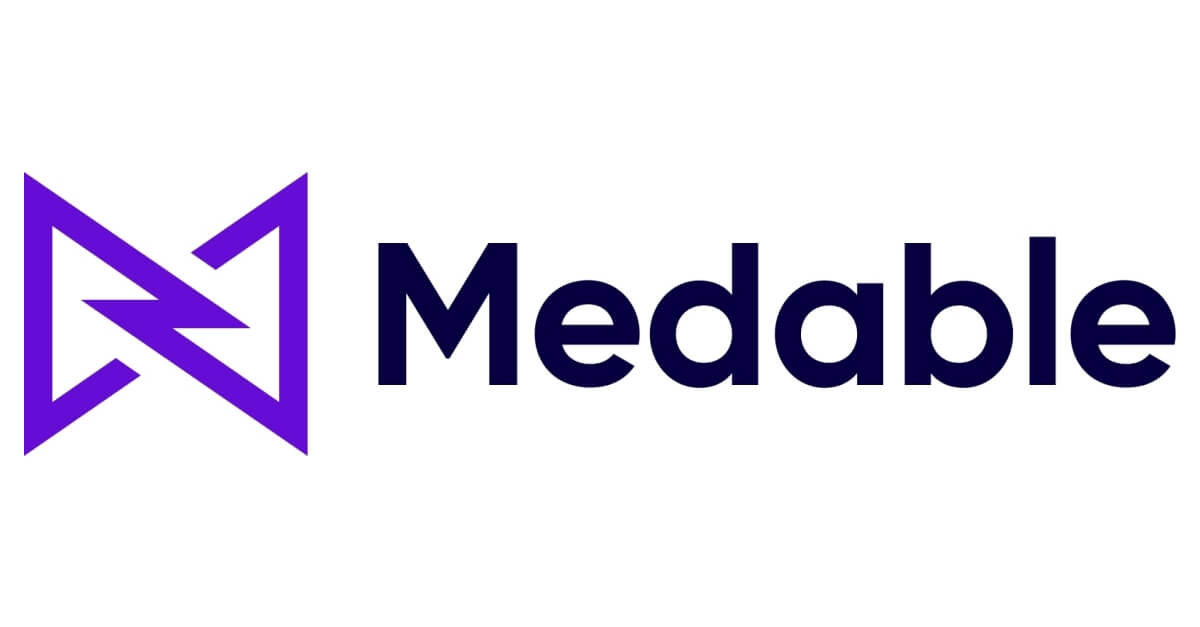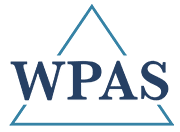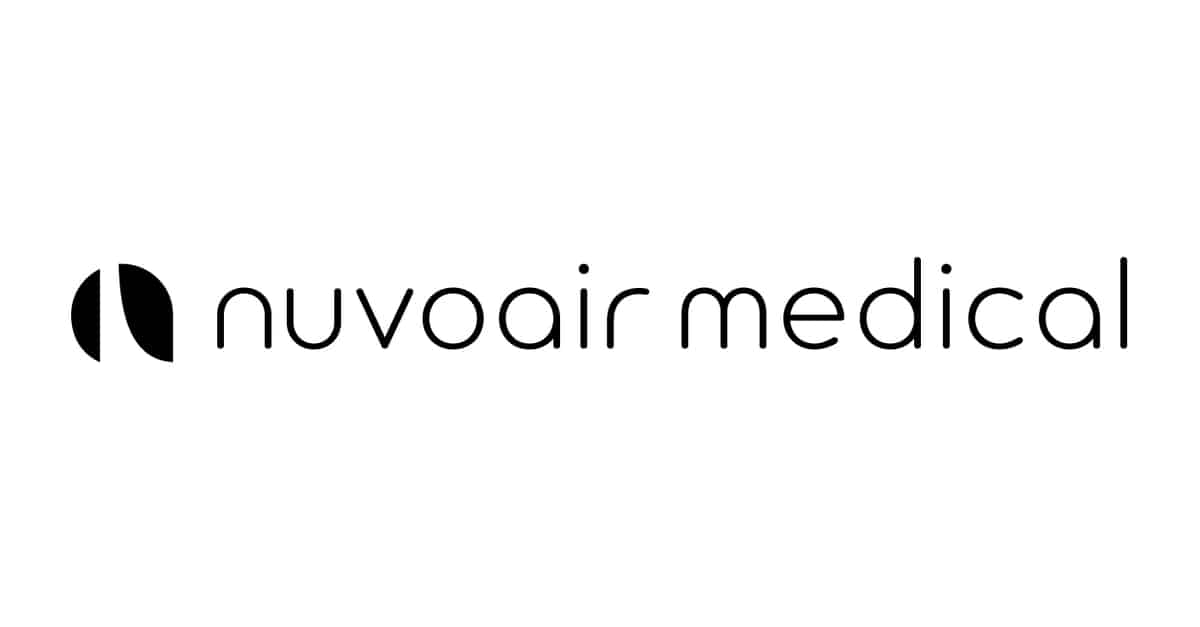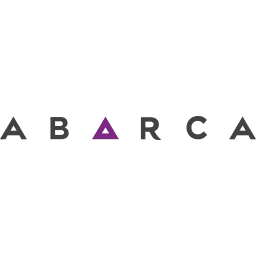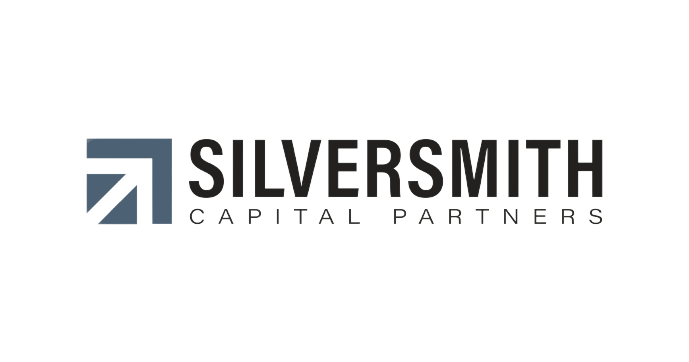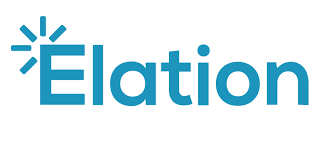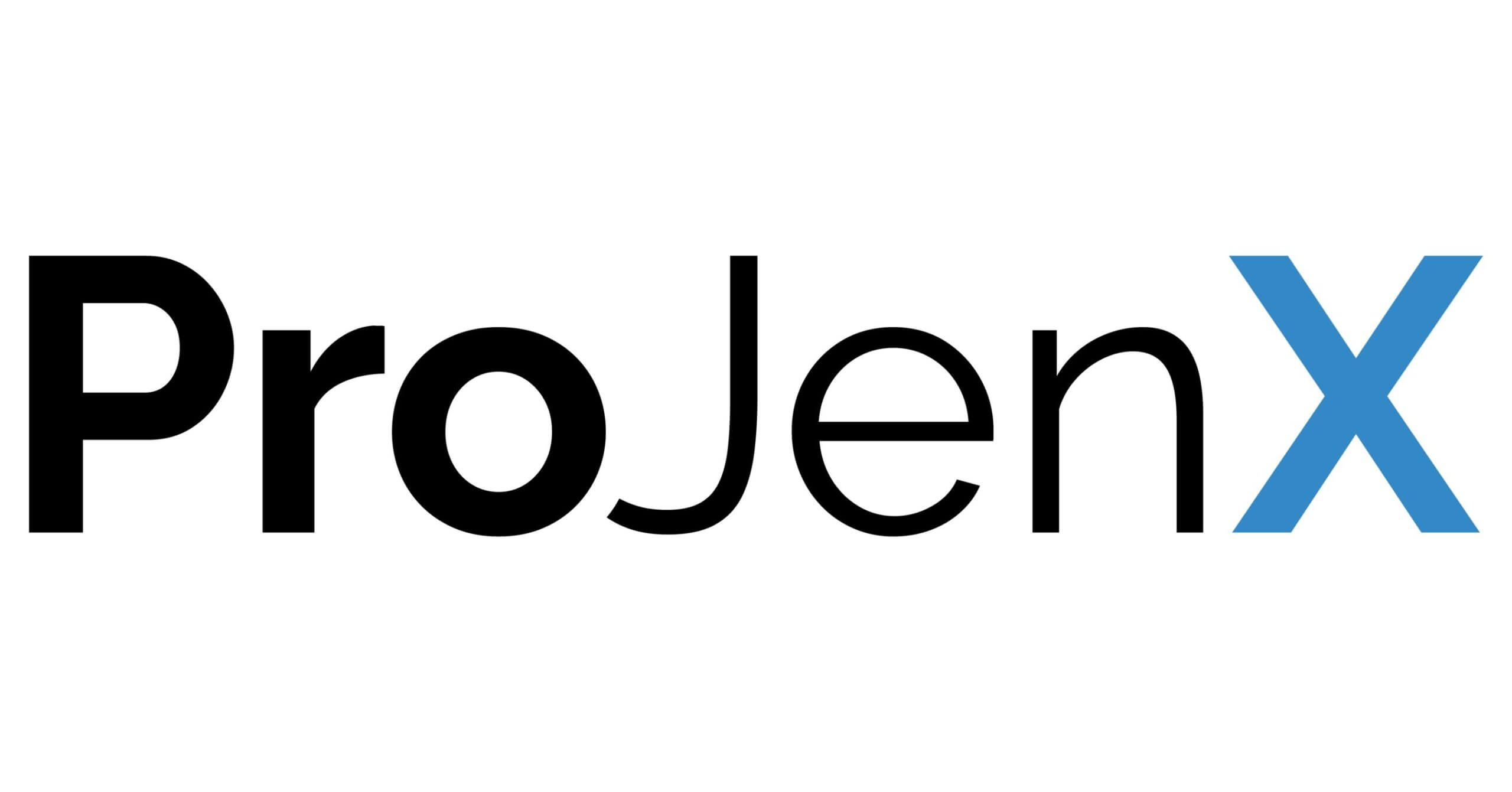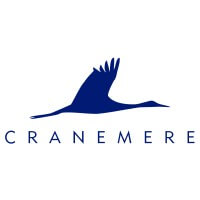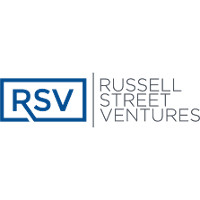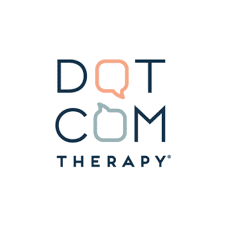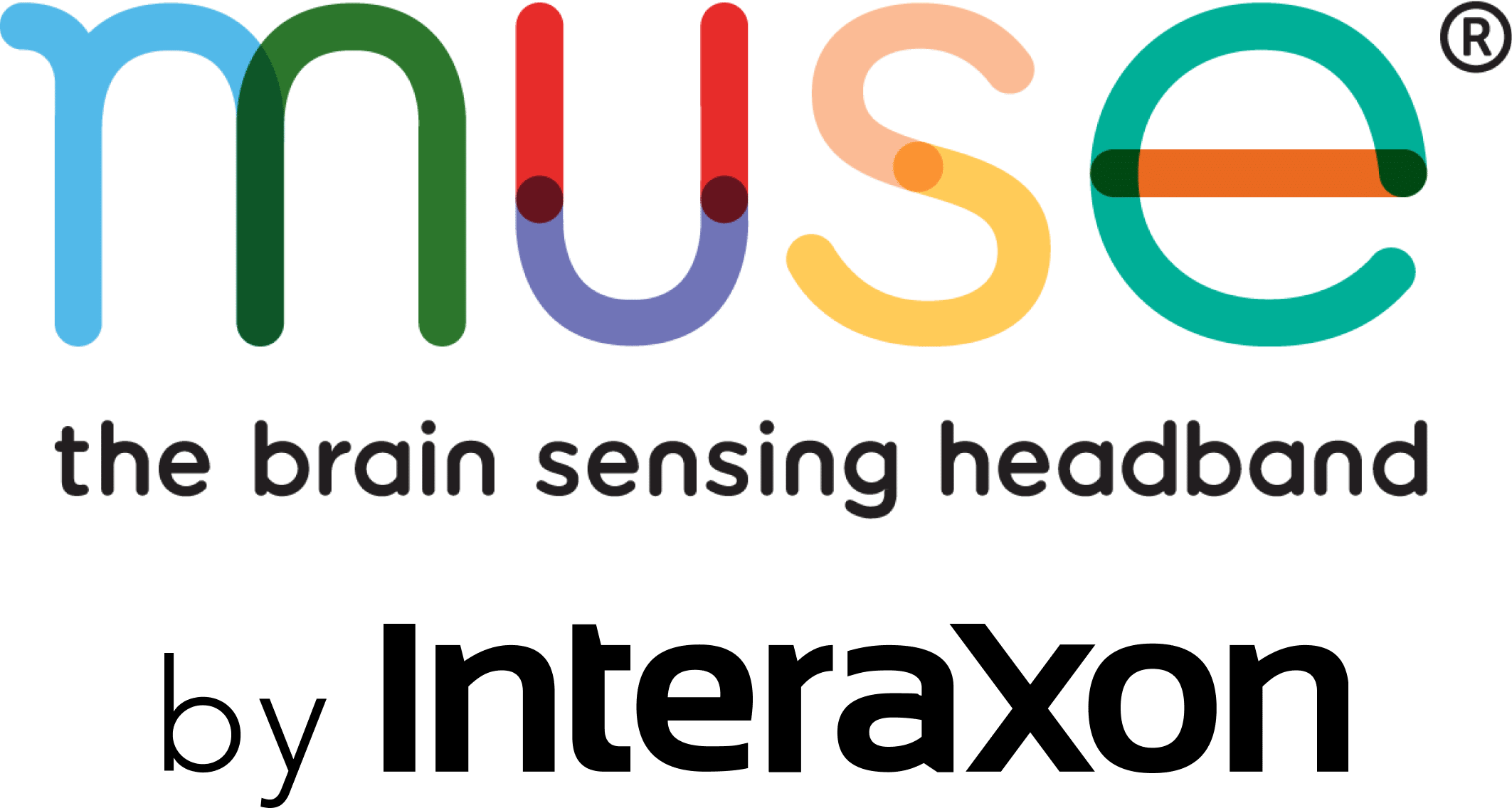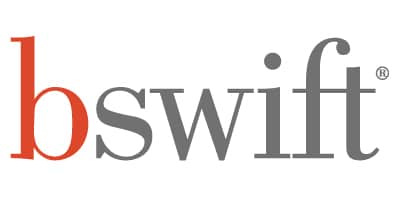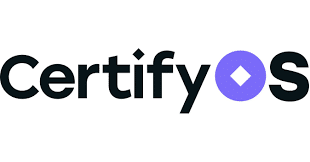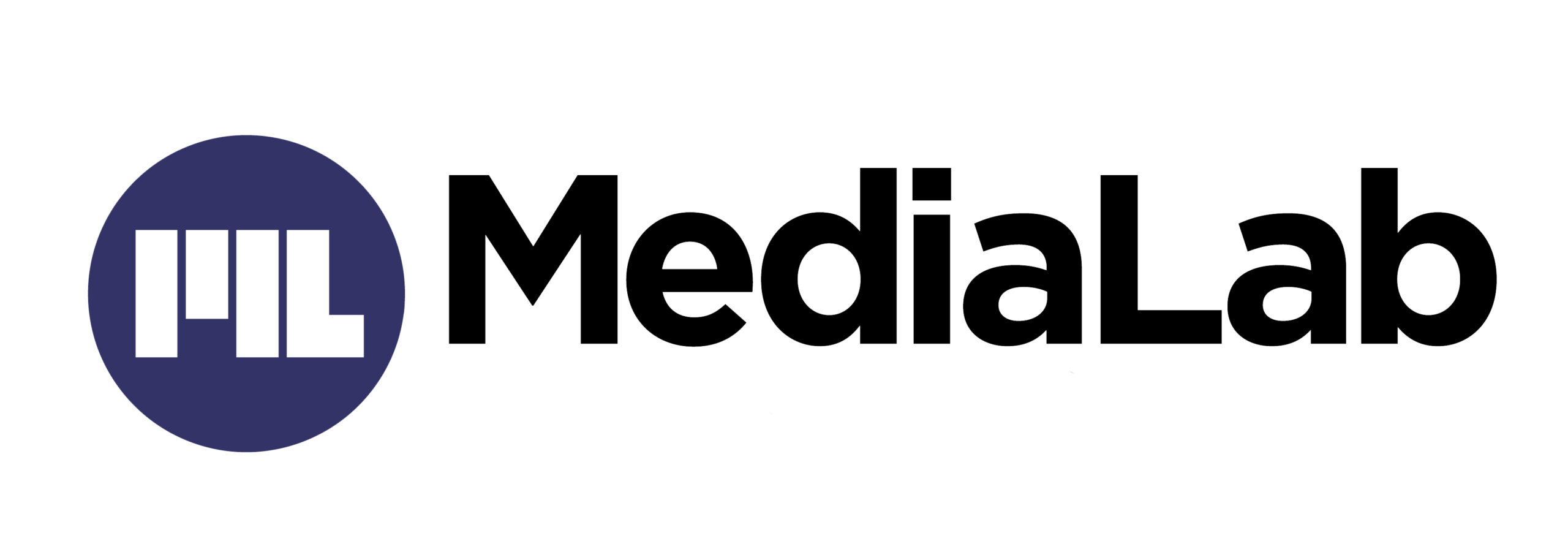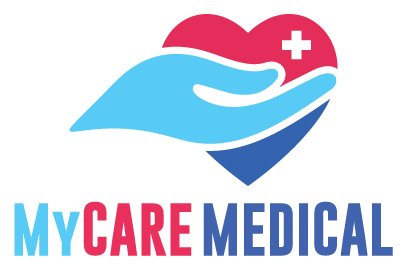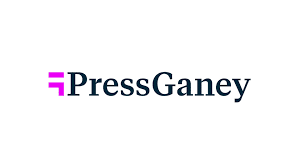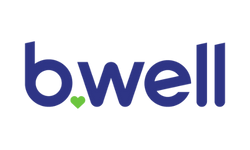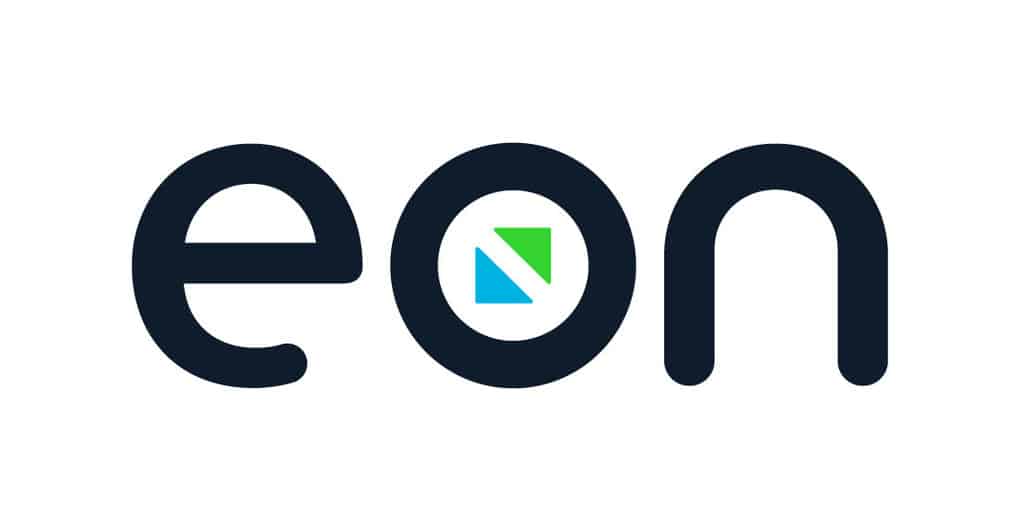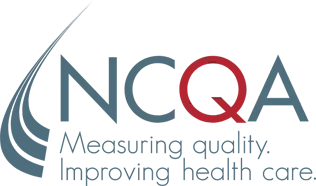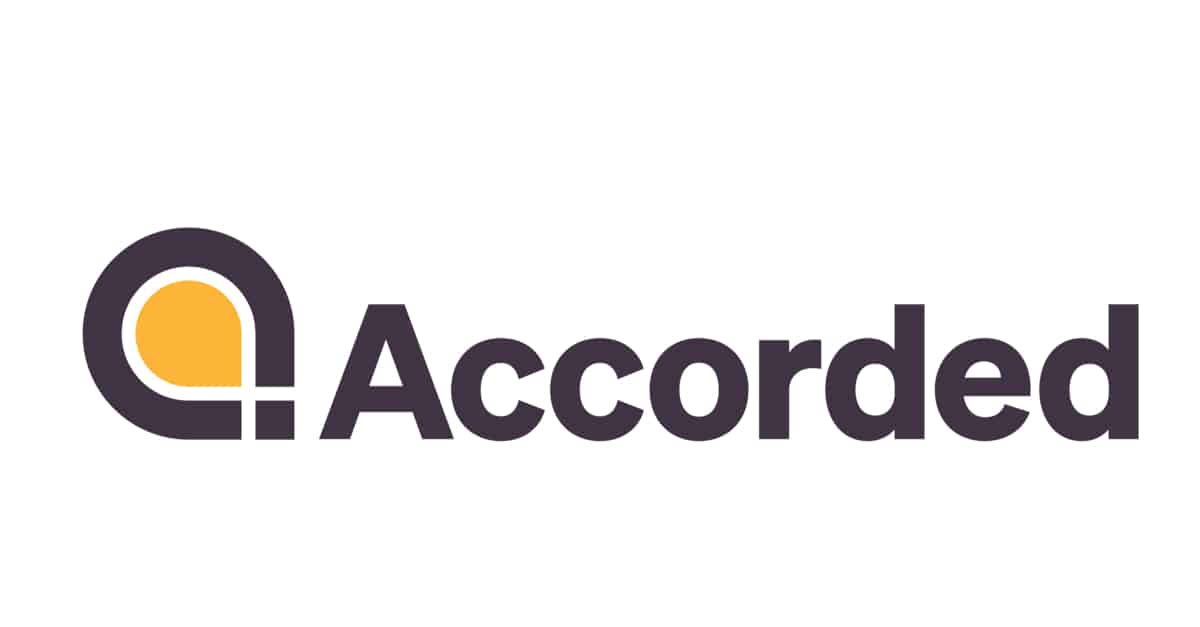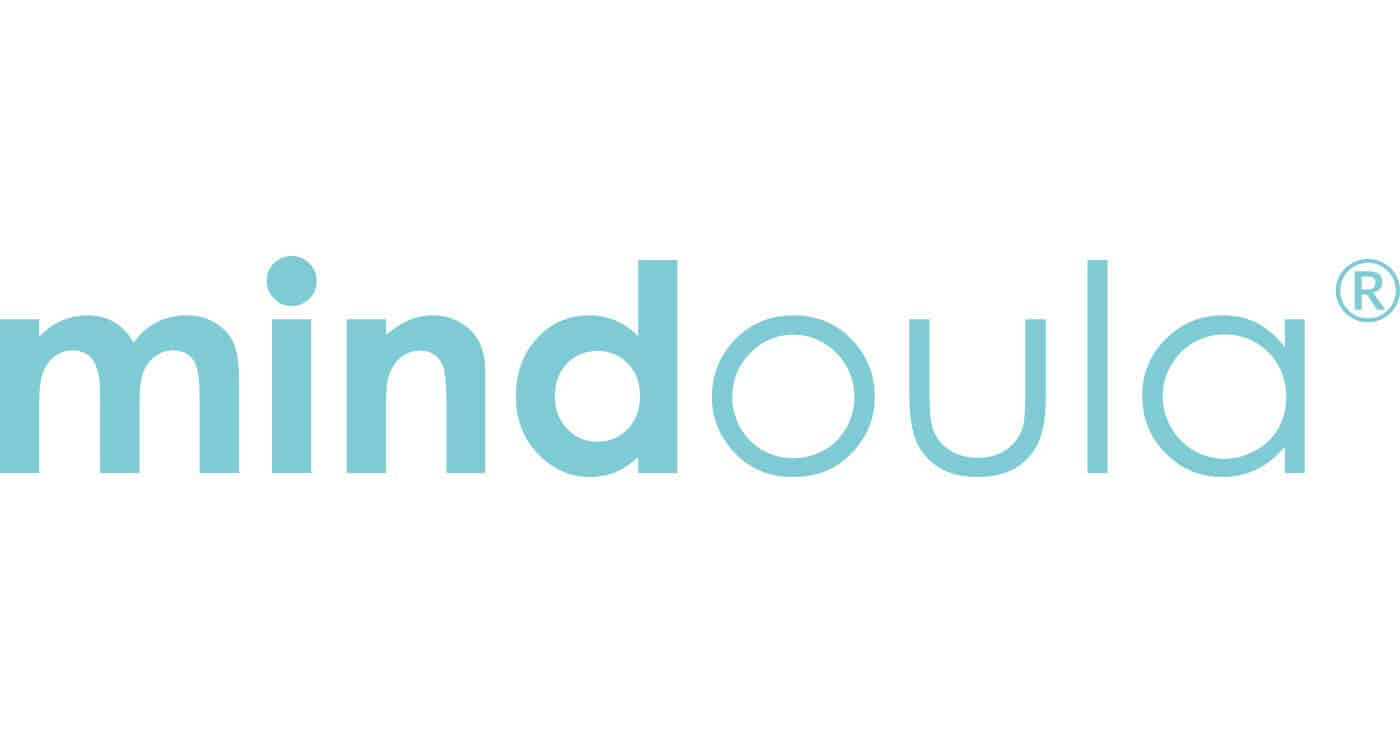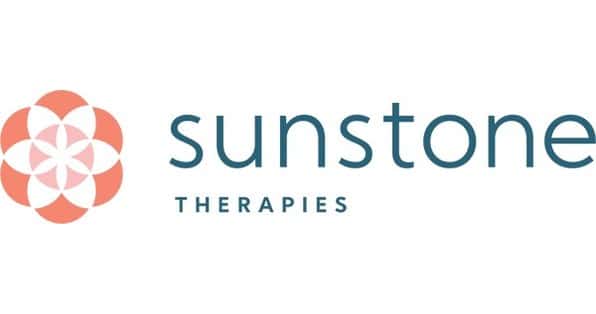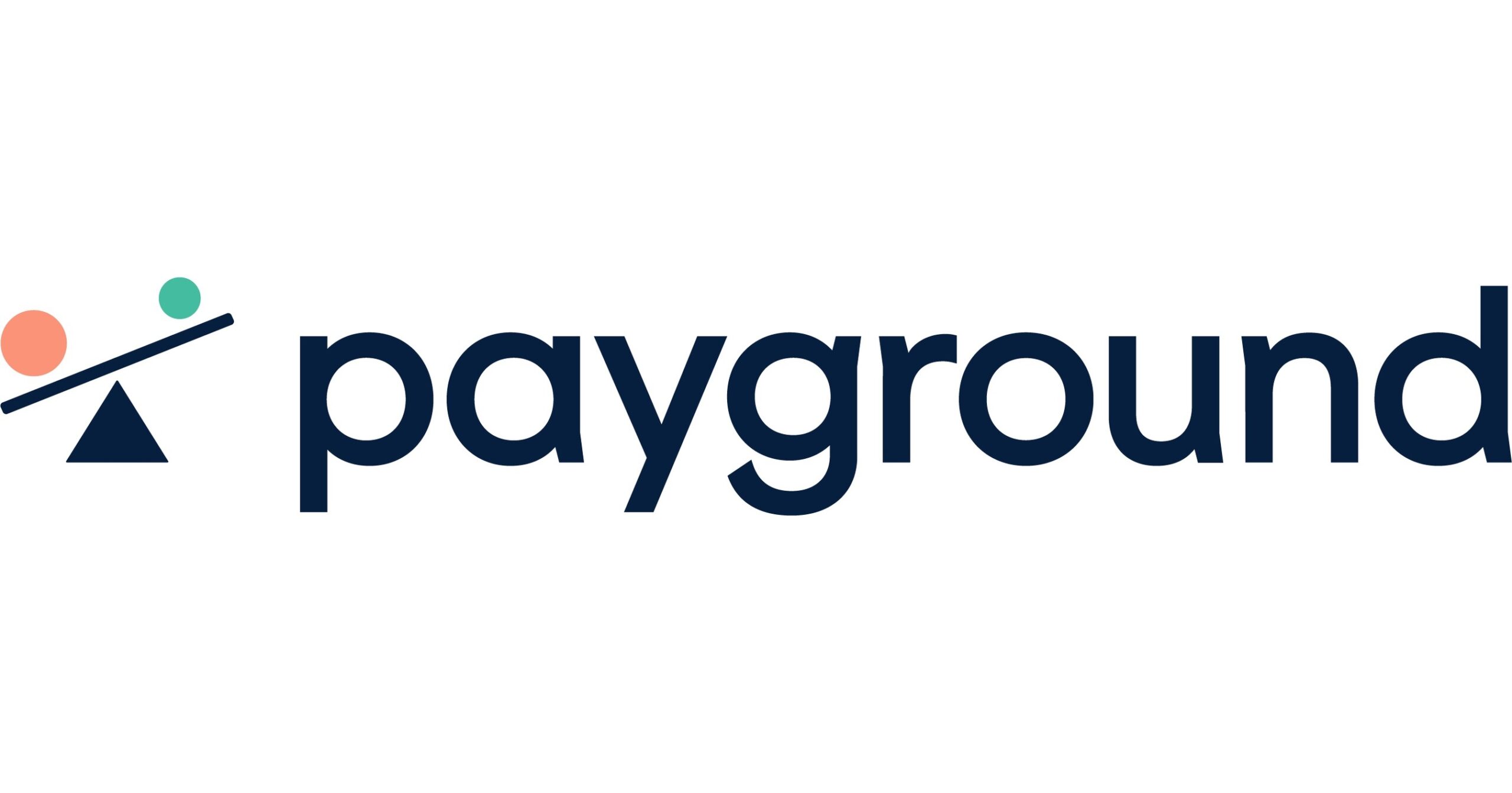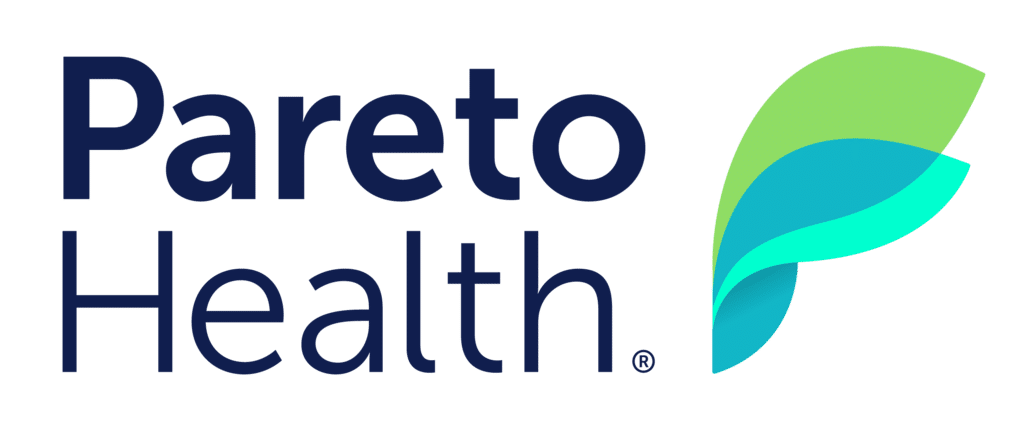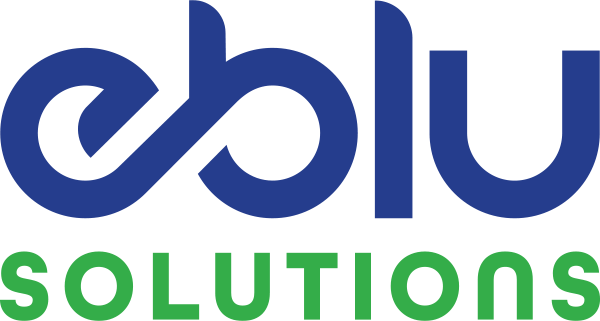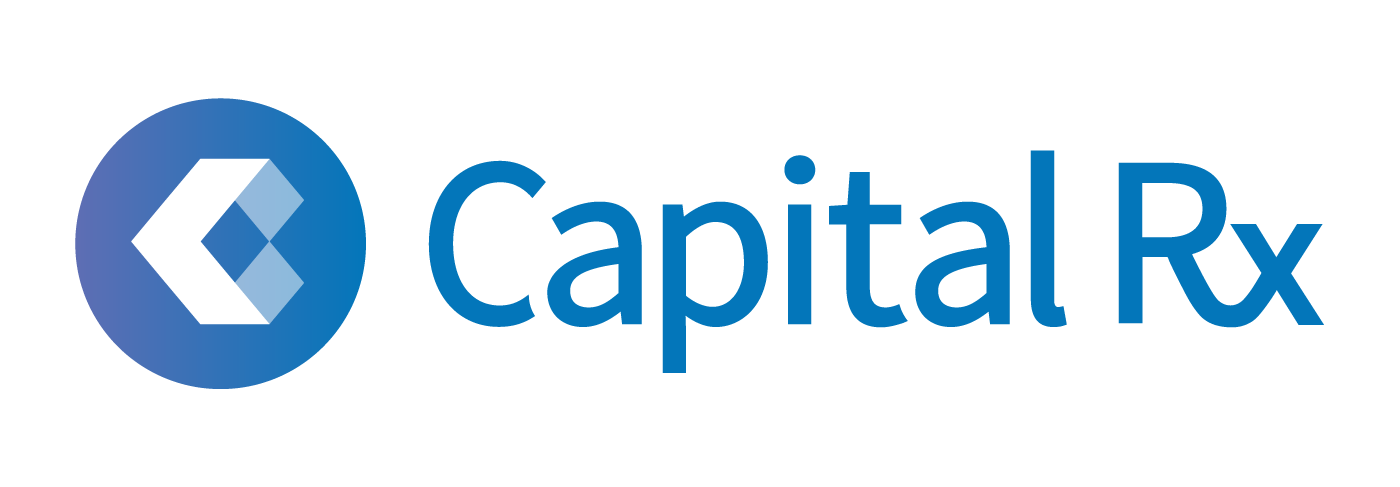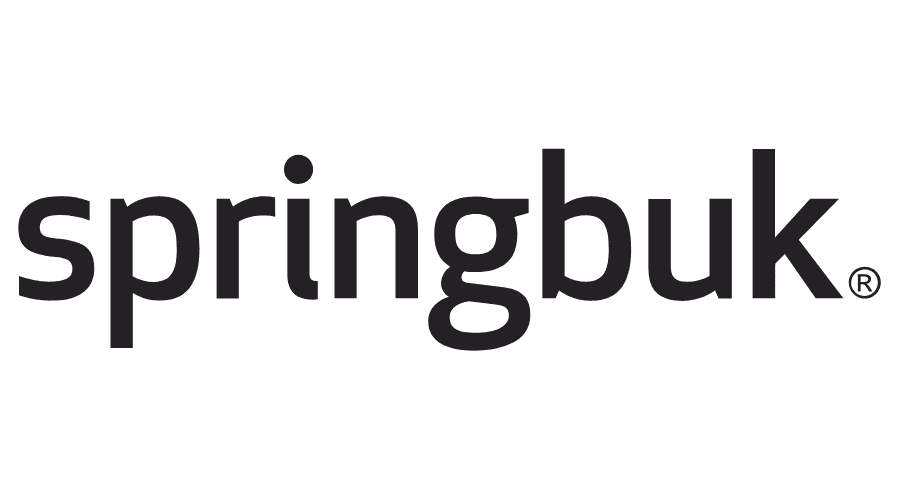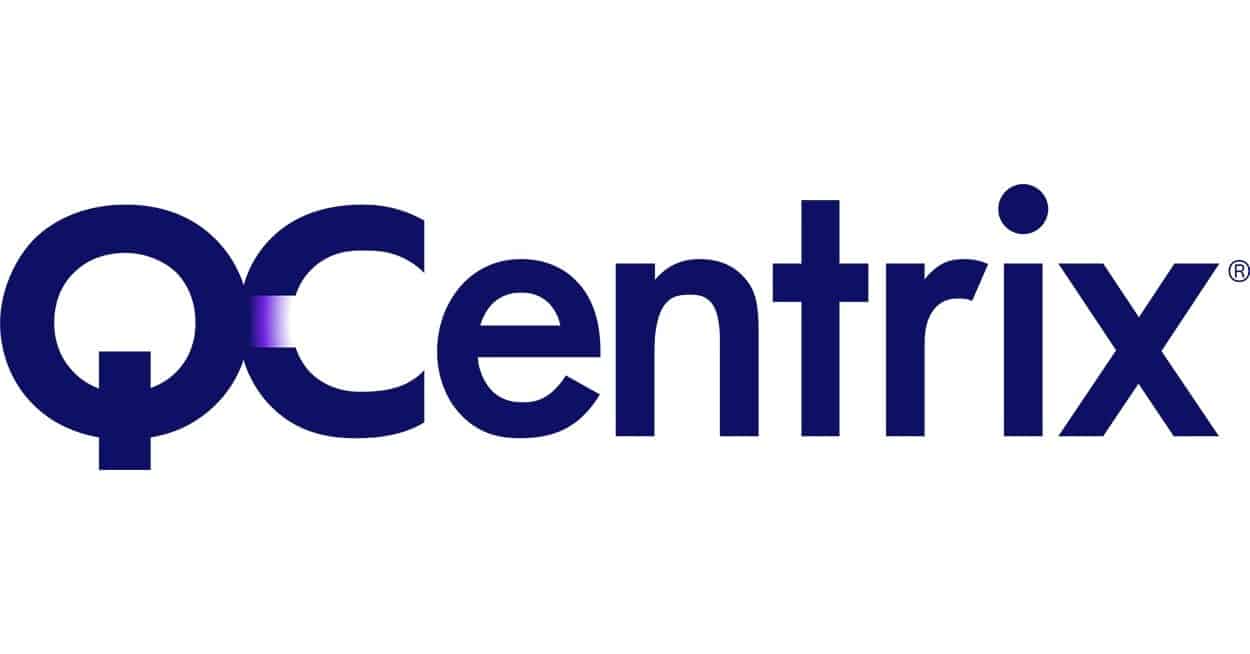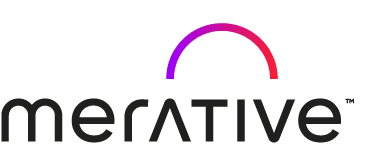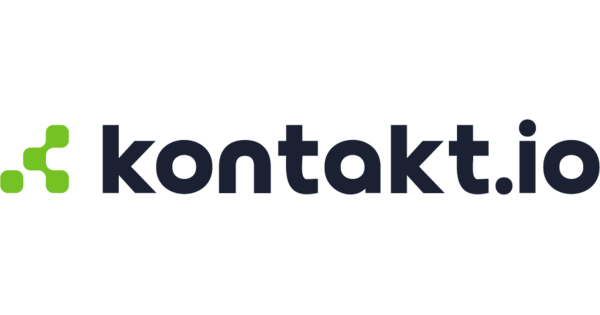This is The Second of a Two-Part Series
Given today's competitive job market, senior professionals need a proactive approach to managing their careers. Rather than reacting to incoming job opportunities, a strategic framework can help individuals take control of their career trajectory.
In the first part of this series, Lifting Your Head?, we explained the importance of treating your career with the same strategic focus you would apply to a business. Continuing the discussion, we’ll explore how you can take a proactive approach and direct your own professional growth using the Chasm Partners Career Brand Strategy Framework.
This roadmap applies branding principles to career planning, allowing professionals to build a strong personal brand, define goals, and execute a clear strategy. Here’s a breakdown of the six key aspects of this approach. As you read through each step, take time to reflect on your own career, writing down your observations.
1. Defining Your Personal Brand
Your personal brand is how you perceive yourself as a professional, which may differ from how the market views you. It encompasses your values, expertise, leadership style, and reputation. To build a strong personal brand:
- Assess how you currently present yourself in professional settings.
- Gather feedback from peers, mentors, and industry connections to understand external perceptions.
- Align your desired reputation with your career ambitions.
2. Identifying Your Strengths
A successful career strategy is built on leveraging your strengths. This step involves:
- Identifying the skills and abilities in which you excel.
- Recognizing what you genuinely enjoy doing at this stage of your career.
- Understanding how your strengths set you apart from others in your industry.
By focusing on strengths that align with your aspirations, you can enhance your effectiveness and credibility in your field.
3. Setting Clear Goals
Defining precise goals provides a roadmap for career success. These goals should encompass different aspects of your life:
- Mission: What cause or impact do you want to support, and how will you contribute?
- Professional Goals: What role, responsibilities, or achievements do you aspire to attain in the mid-to-long term?
- Personal Goals: How does your career align with your family and personal priorities?
- Financial Goals: What income level or financial milestones do you want to reach?
- Lifestyle Goals: What kind of work-life balance do you want, and what are you willing to sacrifice or maintain to achieve it?
Having well-defined goals ensures your career decisions align with your broader vision for success.
4. Crafting a Career Strategy
Just like corporate brands establish long-term strategies, professionals must outline a strategic direction for their careers. This involves:
- Evaluating how the market currently perceives your brand.
- Defining the ideal professional identity you want to establish in the future.
- Identifying the actions, experiences, and associations required to shift perceptions and achieve your desired brand positioning.
- Crafting a compelling personal narrative for where you see yourself in five to ten years.
A strong career strategy ensures you proactively shape opportunities rather than waiting for them.
5. Developing a Plan & Tactics
To bridge the gap between your current position and your career aspirations, you need a clear plan with actionable steps. This involves:
- Identifying the types of roles, industries, and company stages that align with your strategy.
- Determining geographic preferences and sectors of interest.
- Establishing key enablers that leverage your strengths to transition into desired positions.
By outlining a tactical plan, you can systematically move toward your goals while leveraging your unique capabilities.
6. Executing an Action Plan
The final step involves putting the strategy into motion with a structured action plan. This includes:
- Listing companies and investors of interest.
- Mapping out key network connections that can provide access to target opportunities.
- Creating a detailed strategy to engage with decision-makers that influence career opportunities.
- Regularly reviewing and refining the action plan to adapt to new developments and insights.
A well-executed action plan ensures your career moves are intentional and aligned with your long-term aspirations. Once you have completed each step of your strategy, we recommend sharing it with a mentor for advice and perspective that may help you develop your approach even further.
Take Control of Your Career
Ultimately, the Chasm Partners Career Brand Strategy Framework is a powerful tool for professionals seeking to manage their careers more effectively. Individuals can proactively shape their professional journeys by defining a personal brand, leveraging strengths, setting clear goals, crafting a strategy, and executing a tactical plan.
Treating career growth with the same strategic focus as business planning leads to greater fulfillment, success, and long-term impact in any field.
This article was written by Matt Dumas, Founder and Managing Partner at Chasm Partners.



